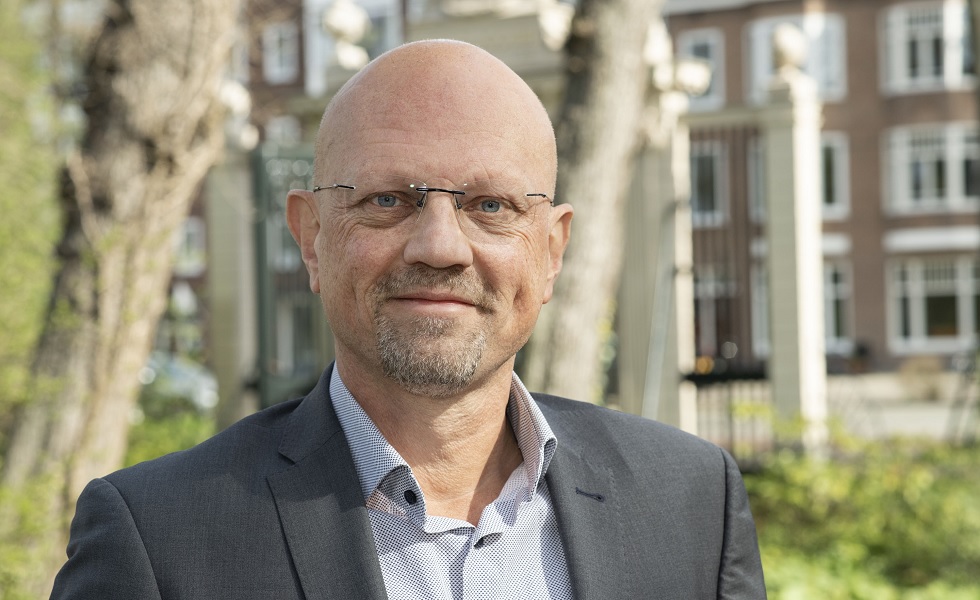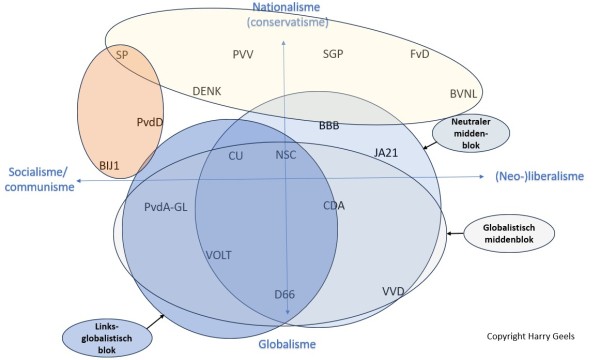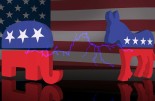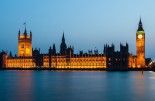Harry Geels: Your voting guide for the upcoming elections
Harry Geels: Your voting guide for the upcoming elections

This column was originally written in Dutch. This is a English translation.
By Harry Geels
The current situation in Dutch politics causes confusion among many people. To provide some overview, the political landscape can be divided along two axes and three disruptors in the current debate can be identified.
The elections for the Dutch House of Representatives are approaching quickly and many voters have not yet made a choice. This is understandable for three reasons. Firstly, many political parties have been added and the differences between them are not always clear. Secondly, the parties that have governed in recent decades have not always kept their promises. Third, we live in a time of many geopolitical, socio-economic and climate crises, and many are concerned and doubtful about how to solve them. But there is something else going on.
Classical left-right thinking is outdated. For example, the PVV is left-wing (in the traditional sense of the word) when it comes to income politics, but is also right-wing conservative. The party wants to return to the guilder, less international cooperation and keep the Netherlands mainly for the Dutch. It is better to divide the universe of political shades along two dimensions: the traditional left-right dimension of socialism versus liberalism and the dimension of nationalism versus globalism. If we do that, the following classification is created.
Figure 1: Classification of Dutch political parties

Three disruptive factors in the current debate
There are three further disruptors present in the political debate. Firstly, that globalism - or the pursuit of overarching international cooperation, for example through bodies such as the UN, the WEF, the WHO, but closer to the EU - is at odds with our local freedom and democracy. This is by definition the case, because decision-making takes place at an international level. Members of these international organizations are not democratically elected and decision-making has to take place regularly, sometimes through the lobby circuit with under-the-table deals.
The second 'disruptor' is the way in which climate change is debated. What is special is that climate has become the domain of left-wing political parties that also use the discussion in passing to attack capitalism (a system that no longer exists in its pure form anyway), to raise more taxes and to introduce more regulation. Furthermore, the climate debate is riddled with fallacies from both traditional left-wing and right-wing parties. Moreover, climate problems can just as well – and probably more efficiently and quickly – be resolved via the free market.
Finally, the third nuisance: the major political parties receive by far the most attention in the media. Small parties that are not represented in the House of Representatives are hardly given the opportunity to express their views. Do we really want new politics that badly? In life and certainly in politics, the principle 'everything you pay attention to becomes bigger' applies. If we adhere to a real democracy, then every political party, including parties that are not yet represented in the House of Representatives, should receive equal media attention.
Voting guide
Based on current polls, there appear to be three political blocs that could form a coalition after the elections. The 'globalist middle bloc', in which GroenLinks-PvdA, NSC and VVD will compete to become the largest, has the best chance. Second and third: a more neutral middle bloc (in which more attention to local and national issues is possible) and a left-globalist bloc (in which the complication will be whether NSC will want to cooperate). NSC and D66 are in all three blocks.
Figure 2: The three most likely political blocs

There are two parties that are only part of one block, BBB and JA21, namely the neutral middle block. Anyone who wants to increase the chance of such a block cannot ignore these two parties. Figure 2 also shows two other ovals: a light brown one and a yellow one. This includes parties that are unlikely to participate in coalition formation because they do not want to, are too small, or are excluded. Those who want more attention to national issues through indirect decision-making choose the parties from the yellow oval. Those who want more socialist politics choose a party from the light brown oval.
Call for eclectic politics
Personally, I am not fond of parties that adhere to a certain ideology (for example socialism or globalism, or a certain religion). Given the many complex crises, eclectic politics, an approach that combines ideas, principles and policies from different political movements and sources, seems better. By combining different ideas and approaches, we can develop more balanced, flexible and effective policies, instead of strictly adhering to the doctrine of one specific political movement.
Eclectic politics can result in a pragmatic approach, using elements of conservatism, liberalism, socialism and other ideologies to provide solutions to the complex problems facing a society. This can lead to a more inclusive approach. There is also a party (not yet represented in the Dutch House of Representatives) that adheres to eclectic politics and is also known for its focus on digital rights, privacy, transparency and direct democracy. Perhaps an interesting alternative.
This article contains a personal opinion from Harry Geels








